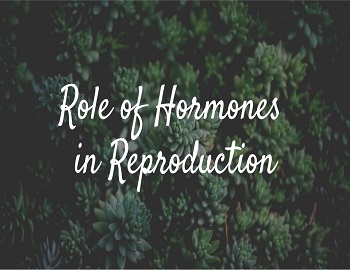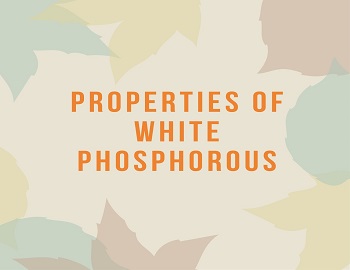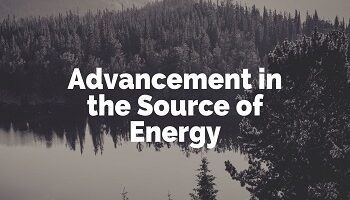Role of Hormones in Reproduction:
| Source | Hormone | Role |
|---|---|---|
| Anterior Pituitary | Follicle Stimulating Hormone (FSH) | FSH is a glycoprotein hormone that regulates the functions of the gonads (ovary and testis). FSH stimulates spermatogenesis in the testes of males. Maturation of Graafian or ovarian follicles in ovaries and secretion of estrogen in females. |
| Luteinising Hormone (LH) | LH is a glycoprotein hormone that is also known as the interstitial cell stimulating hormone (ICSH). In males, ICSH activates interstitial or Leydig’s cell of testes to secrete testosterone and other androgens. In females, LH stimulates ovulation, development of corpus luteum and secretion of progesterone. It helps in maintaining pregnancy by controlling estrogen and progesterone. | |
| Luteotropic hormone (LTH) or Prolactin | LTH is also called luteotropin or lactogenic hormone or prolactin or mammotropin. Stimulates the development of mammary glands during pregnancy and lactation or milk ejection after childbirth, formation of corpus luteum, inhibition of FSH and LH secretion. | |
| Posterior Pituitary | Oxytocin | It is a peptide hormone that stimulates vigorous contraction of the smooth muscles of the uterus during childbirth and ejection of milk from the mammary glands. |
| Testes | Testosterone | It stimulates the growth and development of male secondary sex organs like seminal vesicle, prostate, scrotum, penis etc. It is responsible for the development of male sex characters like beard, deepening of the voice, broadening of shoulders etc. Formation of sperms through spermatogenesis under the control of FSH. |
| Ovaries | Estradiol | At puberty the hormone is required for full growth, development and functioning of female secondary sex organs like vagina, uterus, fallopian tubes, duct system of mammary glands, stimulates differentiation of ova (oogenesis) in the ovary, external/accessory female sex characters like high pitch voice, breasts, the onset of menstrual cycle etc., inhibition of LH and prolactin release. |
| Progesterone | Progesterone prepares the uterus for implantation of the fertilized ovum. It decreases uterine contraction during pregnancy and stimulates the development of mammary glands and milk secretion. It is responsible for premenstrual changes in the uterus and is essential for the formation of the placenta. | |
| Placenta | Human Chorionic Gonadotrophin (hCG) | hCG is a proteinaceous hormone secreted by the placenta for the maintenance of the corpus luteum and hence a continued secretion of progesterone by it. hCG in urine is an indicator of pregnancy i.e. gravindex test. |
| Human Placental Lactogen (HPL) | HPL prepares the mammary glands to secrete milk. |









Comments (No)